The University recently hosted its 16th annual Culture Day looking at the theme of Renewal, exploring ideas of rebirth and regeneration. This seemed particularly appropriate as it was the Culture & Arts Committee’s first event since the start of the pandemic. We had nine fantastic speakers and a very welcome live audience. Scroll down to read more and for the link to the recorded presentations.
Ali Floyd from the School of Life Sciences kicked us off with A Wellcome Welcome to Culture, he says “At the Wellcome Centre for Anti-Infectives Research, regeneration and renewal are at the heart of our work, whether in discovering new medicines or in engaging with the public. You’ll find out what the Centre does globally and locally, both on-campus and across Dundee, in some unexpectedly creative spaces.”
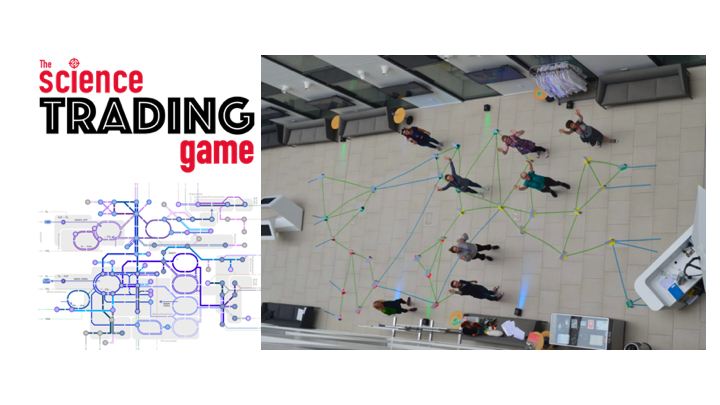
Susan Mains from Geography, School of Social Sciences spoke about The Sea Inside Outside: Exploring Coasts, Place and Creative Practice. The sea has been a landscape of fascination over many centuries, symbolising opportunities and challenges, as well as changing emotional states. Coasts in particular have increasingly become viewed as important settings for rejuvenation and renewal. Through a range of creative practices, Susan explored images of the sea and coast, and our connections to place.
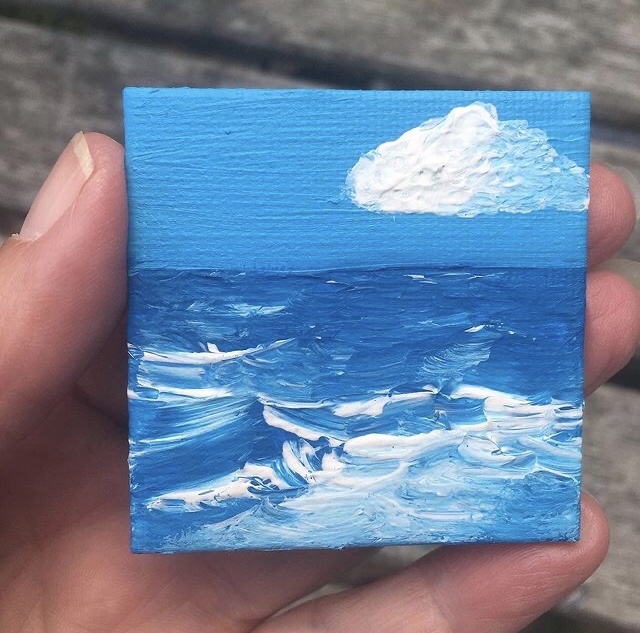
From Archive Services Kenneth Baxter gave us Charting the evolution and regeneration of Dundee Waterfront through the Archives. From its earliest days Dundee’s waterfront has played an important part in the city’s history. As Dundee developed in the 19th and 20th centuries its waterfront was greatly altered. The advent of the railways and expansion of the docks in the 19th century pushed the waterfront further away from the city centre, while developments in the 20th century eventually saw much of the waterfront cut off from the town, while the decline of shipping and industry had a major impact on the area. The 21st century as seen major work to regenerate the waterfront and reconnect it to the heart of the city. Using a variety of archive material including photographs, maps and unrealised plans, this talk charted the evolution of the waterfront and its ongoing regeneration.
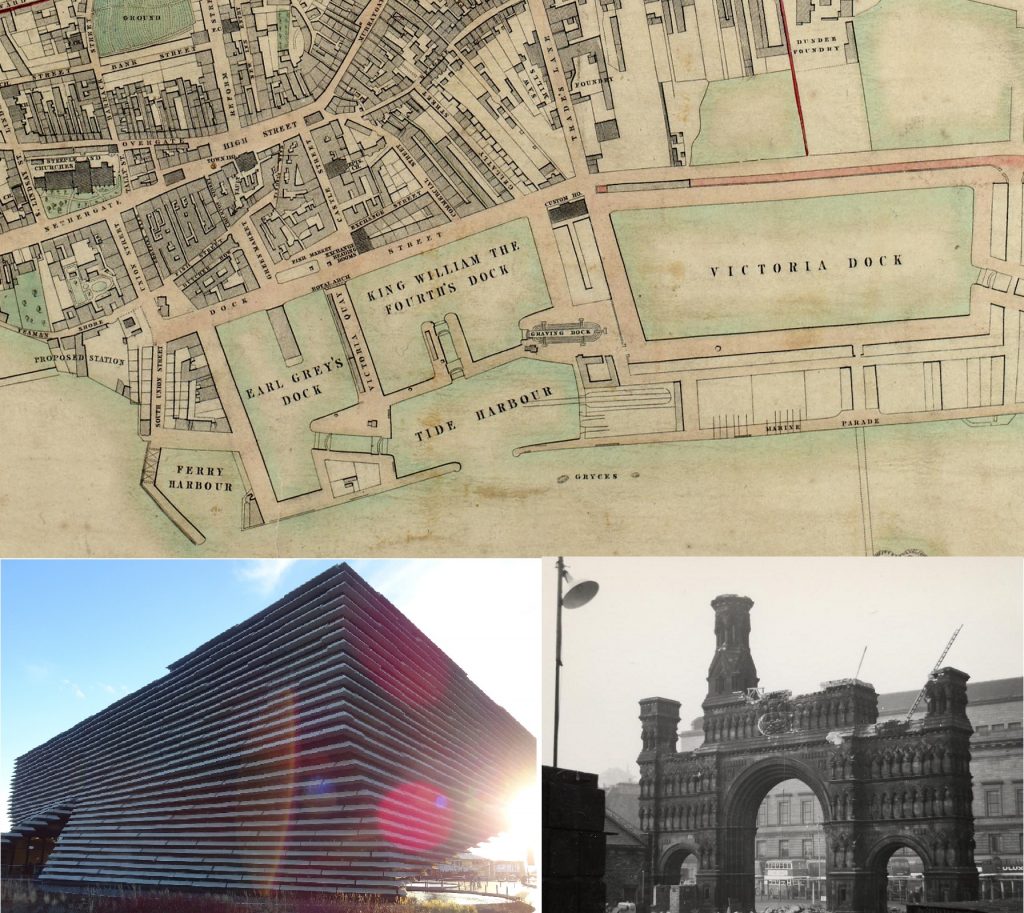
Kenneth was followed by Matthew Jarron (Museum Services) whose Growing Pains – The Rebirth of Dundee’s Art College explored that challenges and personalities involved in part of DJCAD’s history. It is now one of the UK’s leading art schools, yet for many years it was the poor relation to Scotland’s other, larger colleges. An astonishing rebirth occurred in the mid 20th century, but it was a slow and at times painful process, with many difficulties along the way.
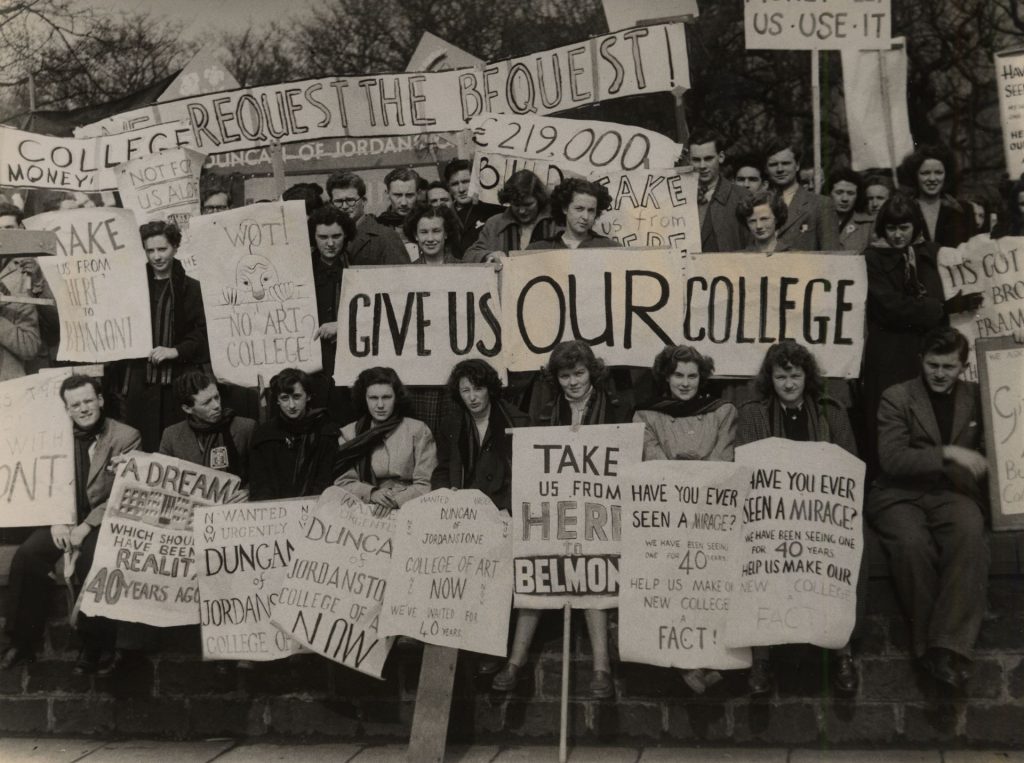
Kevin Frediani from the Botanic Garden spoke on From A Garden: A Story of Continuity and Renewal. The Botanic Garden was 50 years old in October and in his talk Kevin reflected on that half century of the making of a garden and the opportunities for rebirth and regeneration inspired by the living collection to connect to landscapes beyond the Garden walls.
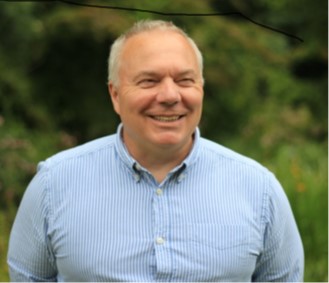
He was followed by Keith Dinnie from Marketing & Management, School of Business whose presentation One City, Many Discoveries: Renewal and Re-focusing of Dundee’s City Brand looked at Dundee’s recent reinvention through a commitment to culture and creativity and Theresa Lynn (Community Education, School of Education & Social Work) who talked about Creative processes for engaged regeneration planning. Over recent decades in Scotland and the UK, the desirability of creative consultation of communities, to achieve sustainable physical regeneration, as well as the renewal of community networks, has become widely recognised. Theresa looked at the uses of arts-based activities as a basis to access underlying collective cultural strands, as a Cultural Planning process, through various local and national examples.
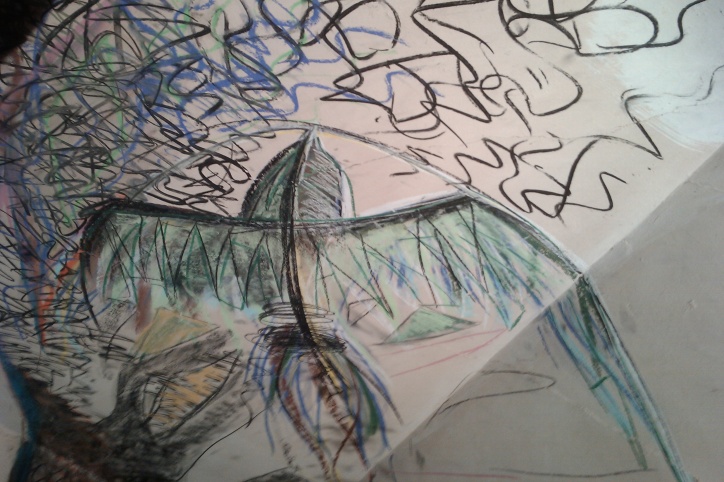
Keith Williams from English, School of Humanities presented on The Ghost of Futures Past – Resurrecting the Lost Scottish Father of Transatlantic Science Fiction. This talk introduced the life and work of Cupar-born Robert Duncan Milne (1844-99). Milne published over fifty Science Fiction stories from 1879-99. He pioneered themes such as climate catastrophe, cryogenics, molecular re-engineering of the body, personality transfer, scientific terrorism and drone warfare, remote surveillance and telecommunications, satellite phones and technologies for visual time travel which anticipate cinema and TV. Scotland appears to punch below its weight in relation to early science fiction, yet Milne is an extraordinary lost presence who slipped through the cracks of the canon by a series of historical accidents – until now.
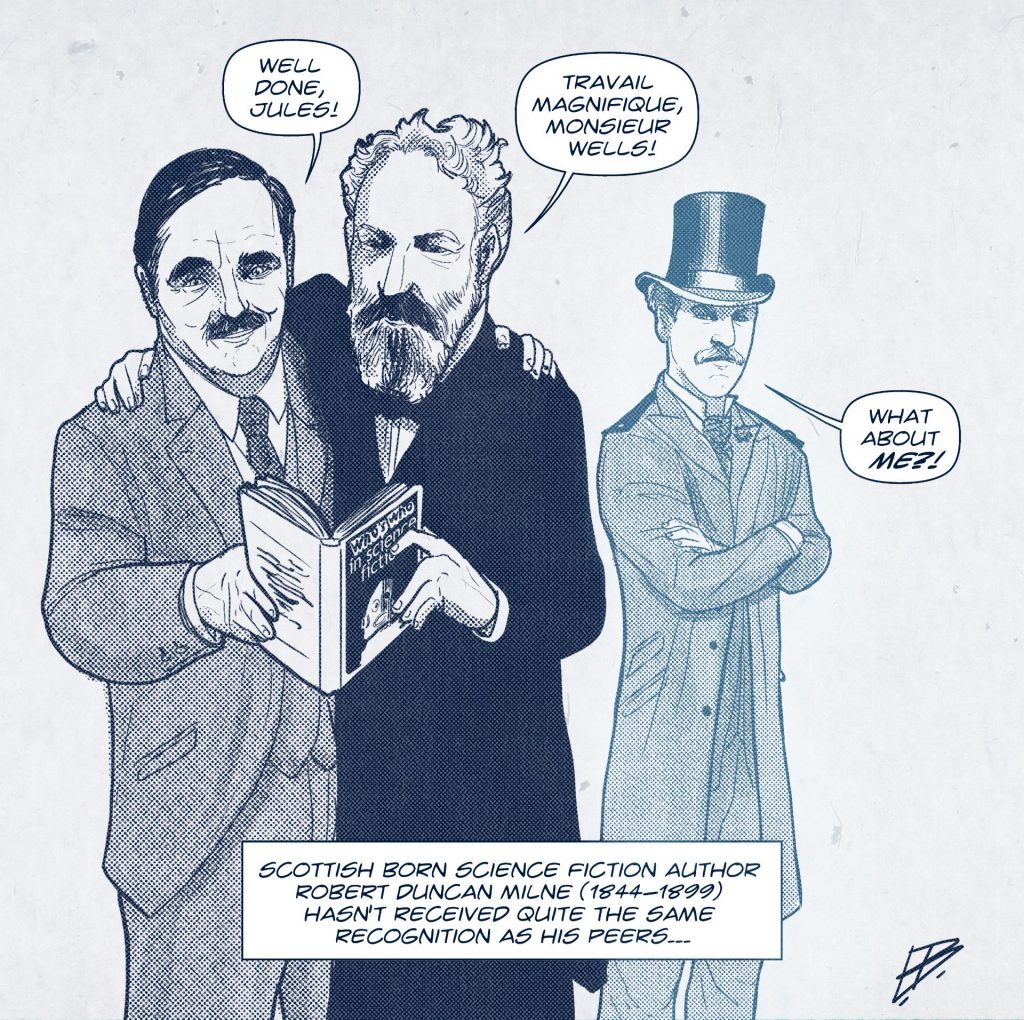
The day finished with Husam Al Waer from Architecture & Urban Planning, Duncan of Jordanstone College of Art & Design talking on Facilitating the 20 minute neighbourhood – Revisiting Urban Proximity, Density and Diversity in the age of Covid-19. He explored whether the ‘20 Minute neighbourhood’ is a welcome or effective way to organise urban life. This initiative builds upon the long-established notion that people should be able to access most daily needs within 20 minutes of their home, thereby reducing commuting lengths and transport demand, and promoting local neighbourhood identity, health and liveability. However, this initiative raises some critical questions, particularly in the context of Covid-19 and the future of sustainable cities. This presentation aimed to address issues such as: Can we accommodate an urban quarter in 20 minutes? Could it draw investment, services and power back into local communities? Or does it misjudge the hierarchical nature of cities, including the role of their centres? What would the benefits and risks be for the economy, health and the environment? For residents, traders, employers and transport providers? For the old and young, families and singles?
All the presentations are available to view online:
Session 1
Session 2
Session 3